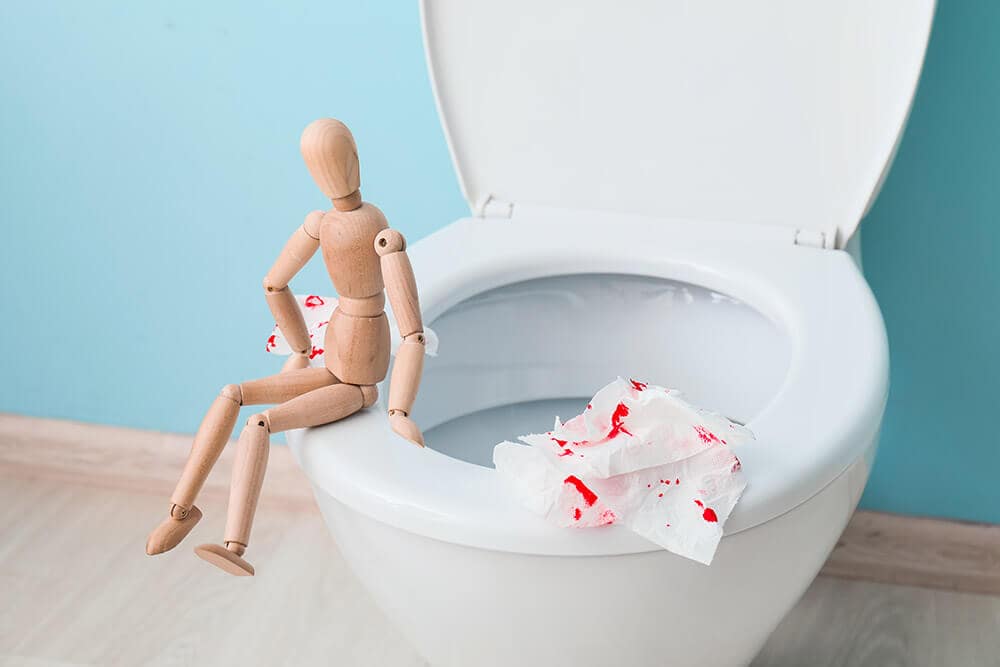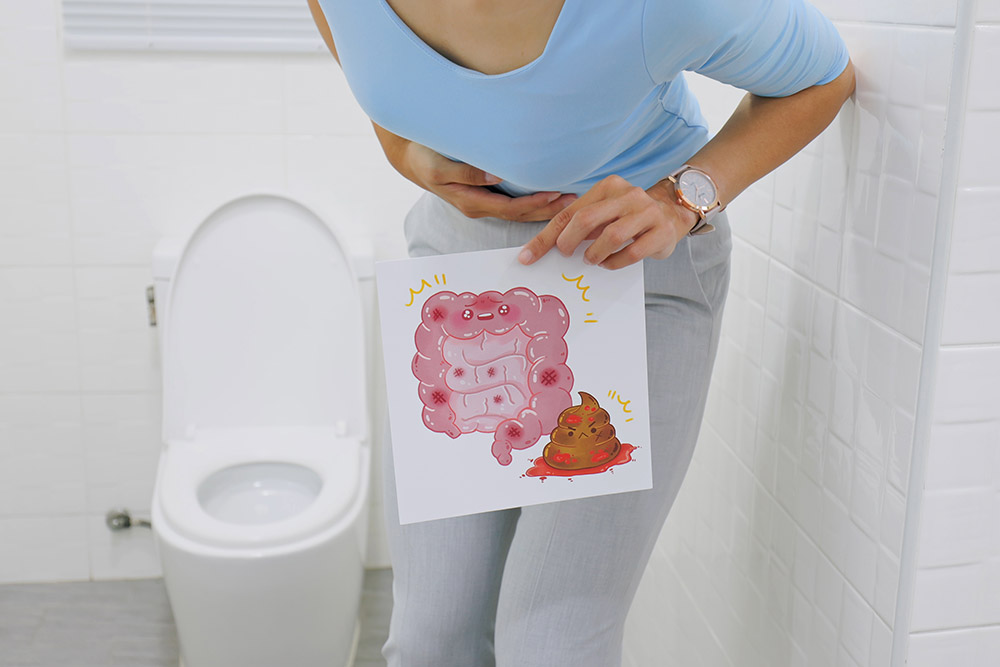Expert Treatment for Rectal Bleeding by Dr. Bharat Pothuri
Dr. Pothuri uses a step-by-step approach:
Medical History and Exam
He reviews the onset, location and character of your pain-whether it's burning, sharp or aching-and notes triggers such as meals, stress or medications (NSAIDs, alcohol). A focused abdominal exam checks for tenderness, masses or signs of inflammation.
Blood Tests
We draw labs to look for anemia or infection (CBC), assess liver function (AST, ALT, ALP, bilirubin) and measure pancreatic enzymes (amylase, lipase). Testing for H. pylori antibodies or stool antigen helps identify an ulcer-causing infection.
Imaging Studies
- Upper endoscopy (EGD) lets Dr. Pothuri directly visualize the esophagus, stomach and duodenum for ulcers, gastritis or tumors.
- Abdominal ultrasound evaluates the gallbladder and biliary tree for stones or inflammation that can mimic epigastric pain.
- CT scan of the abdomen/pelvis is used when pancreatitis, mass lesions or other structural problems are suspected.
Advanced Testing (if needed)
If initial tests are inconclusive, endoscopic ultrasound (EUS) offers high-resolution imaging of the pancreas and bile ducts. Gastric emptying studies or motility testing can diagnose gastroparesis. Occasionally, biopsies during EGD confirm celiac sprue or eosinophilic gastritis.

Frequently Asked Questions
What is the ICD-10 code for rectal bleeding?
The ICD-10 code for rectal bleeding is K62.5, which covers bleeding from the rectum or anus.
Can I stop rectal bleeding at home?
You can try a high-fiber diet, increased fluid intake, and over-the-counter creams or suppositories. If bleeding persists, consult Dr. Pothuri.
When should I see a doctor?
See a doctor if bleeding lasts more than one day, is heavy, or is accompanied by pain, weakness, or dizziness.
Can colon cancer cause rectal bleeding?
Yes. Polyps or tumors in the colon or rectum can bleed. Early screening and colonoscopy help detect cancer before it advances.
Is all rectal bleeding serious?
Not always. Many cases are due to hemorrhoids or anal fissures. However, all bleeding should be evaluated by a specialist.
What tests will Dr. Pothuri use?
He may recommend flexible sigmoidoscopy or colonoscopy, blood tests to check for anemia or infection, and stool tests for hidden blood or bacteria.












